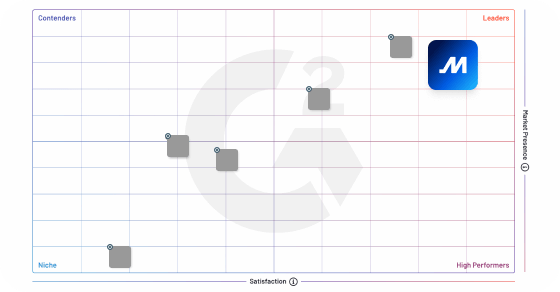Diesel exhaust fluid (DEF) is a liquid used in the trucking industry to reduce the harmful pollutants emitted by diesel engines. DEF is a mixture of urea and deionized water, which is injected into the exhaust stream of a diesel engine, a system known as Selective Catalytic Reduction (SCR).
DEF is a key component in meeting the increasingly stringent emissions standards set by the Environmental Protection Agency (EPA) for nitrogen oxides (NOx). NOx is a harmful pollutant that is emitted when diesel fuel is burned in an engine, and can contribute to smog and respiratory problems.
DEF is stored in a separate tank on the truck, and is injected into the exhaust system when needed. The heat from the exhaust causes the DEF to break down into ammonia, which reacts with the NOx in the exhaust and converts it into harmless nitrogen and water vapor.
The use of DEF is mandatory for diesel engines in most heavy-duty trucks in the United States. The EPA requires all diesel engines manufactured after 2010 to have DEF systems installed. DEF usage has also become more widespread in other industries, such as agriculture and construction, where diesel engines are commonly used.
Fleets can monitor emissions and vehicle maintenance with fleet management technology.
Frequently Asked Questions
What does DEF fluid do for a diesel exhaust?
Diesel exhaust fluid (DEF) is a liquid that is injected into the exhaust system of diesel engines to reduce emissions of harmful nitrogen oxides (NOx). The DEF fluid breaks down into ammonia and reacts with the NOx in the exhaust gas to convert it into water vapor and nitrogen, which is harmless to the environment. Therefore, DEF fluid helps to reduce air pollution and improve the overall performance of diesel engines.
Improve your fleet sustainability with AI-powered fleet management software.
Can a diesel truck run without DEF fluid?
No, a diesel truck cannot run without DEF (diesel exhaust fluid) fluid. DEF is a crucial component in reducing emissions of harmful pollutants from diesel engines. It is injected into the exhaust stream and reacts with nitrogen oxides to convert them into harmless water and nitrogen. Without DEF, the engine’s performance and efficiency would decline, and the vehicle would fail to meet emission standards. Therefore, it is necessary to maintain an adequate supply of DEF to keep the diesel engine running smoothly.
Fully monitor and manage the state of fleet vehicles with fleet maintenance tools to simplify scheduling and preventive action.
Do all diesels need DEF fluid?
No, not all diesel engines require diesel exhaust fluid (DEF). DEF is used in Selective Catalytic Reduction (SCR) systems to reduce emissions of nitrogen oxide (NOx), which is a pollutant. SCR systems are not used in all diesel engines. Some diesel engines use Exhaust Gas Recirculation (EGR) systems instead. EGR systems do not require DEF. It is important to consult the manufacturer’s specifications to determine if your diesel engine requires DEF.
Ensure that your vehicle’s engine is kept in top shape with fleet maintenance software simplifying maintenance and reporting.
What happens if your DEF runs out?
If your diesel exhaust fluid (DEF) runs out, your vehicle’s engine power will be significantly reduced until the DEF tank is refilled. A warning light will also illuminate on the dashboard, alerting you to top up the DEF. Driving without DEF can cause the engine to shut down or result in fines for noncompliance with emissions regulations. Therefore, it is essential to monitor DEF levels and keep the tank topped up to avoid any potential issues.
A fleet maintenance software can help drivers and managers stay on top of DEF.



